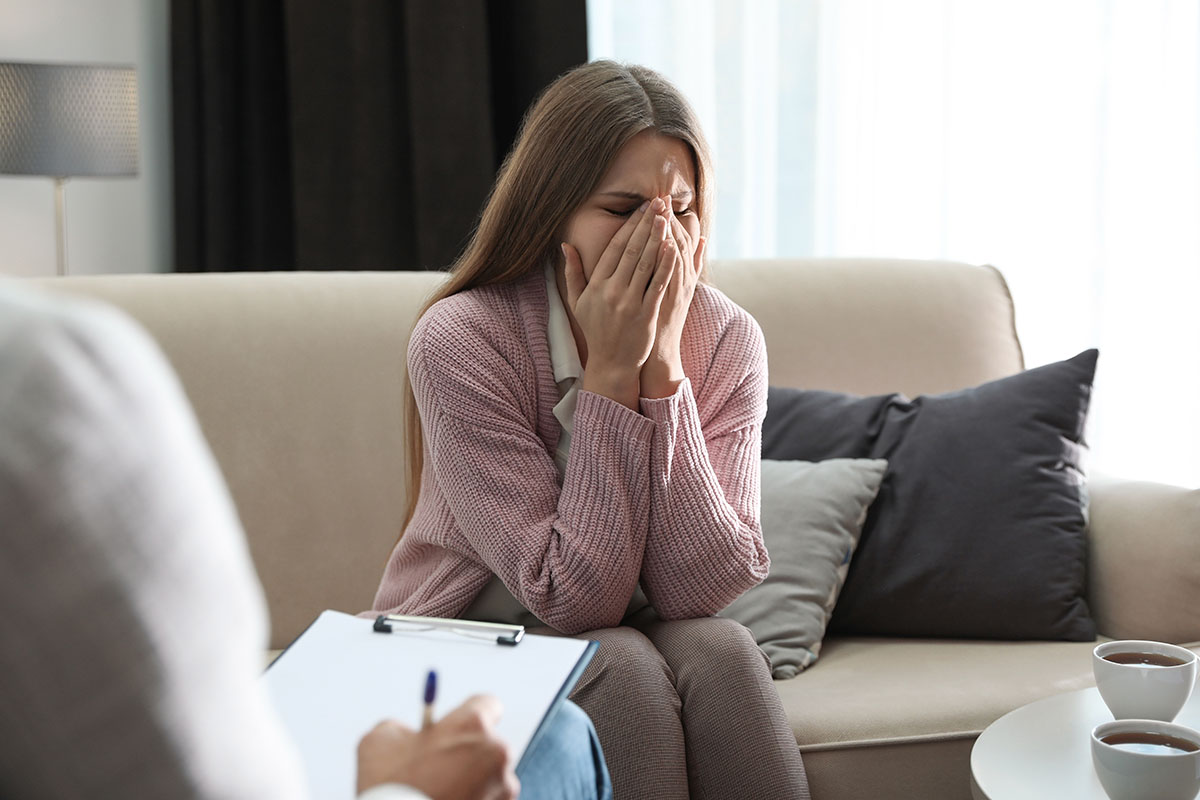Combating Psychological Trauma Due to COVID-19
The coronavirus outbreak has transformed nearly every aspect of our lives, from our daily interactions with family, friends and co-workers to the way we prepare to leave the house. Some experts have cautioned that such an abrupt transition can have severe effects on our mental health, including the symptoms of psychological trauma.
In observation of National PTSD Awareness Month this June, why do some people have such an adverse reaction to traumatic events, and how can you alleviate these problems?
Understanding Post-Traumatic Stress Disorder
PTSD is a type of anxiety disorder that some people develop after experiencing or witnessing a frightening or shocking event. When we are in danger, our bodies and brains evolved to trigger a cascade of rapid changes called the fight-or-flight response. A flood of hormones such as adrenaline cause the familiar fear reactions: an elevated heart rate and blood pressure, rapid breathing and a feeling of tension throughout the body.
In most cases, the fight-or-flight response subsides on its own after the perceived threat is gone. However, in people with PTSD, the trauma has long-term effects that result in symptoms such as vivid flashbacks, nightmares, insomnia, avoidance behavior and irritability. Anyone can develop PTSD after experiencing events such as sexual assault, abuse, violence, a car accident or a natural disaster. Even grief over the unexpected death of a loved one can cause profound trauma for some people.
How to Combat Psychological Trauma
PTSD can be tremendously disruptive. Feeling constantly stressed, angry and on edge makes it difficult to get through daily tasks. Sadly, even though effective treatment options for PTSD exist, many people living with this disorder don’t seek help.
You might be feeling traumatized by COVID-19 for any number of reasons.
- You are one of the millions of Americans who have lost their job and income during the pandemic
- You’re feeling additional anxiety over the long-term uncertainties coronavirus has created
- You’ve lost your sense of normalcy
- You are worried about yourself and your loved ones getting sick
- Self-quarantine has made you feel lonely and isolated
- You’re trying to juggle working from home with extra responsibilities such as homeschooling children
- You no longer feel safe
You can begin to work through your psychological trauma by:
- Seeking support from others who understand what you’re going through
- Realizing there’s no shame in admitting when you need help
- Having healthy coping strategies, such as exercise and meditation
- Allowing yourself to process any grief and fear that may arise
- Reflecting on any personal growth that has come about while you have been observing self-quarantine
- Taking time to be grateful for the positive aspects of your life
A New Beginning for Those Living With PTSD
With proper treatment, it’s possible to get your PTSD symptoms under control and learn how to live a healthy, rewarding life. At Serene Behavioral Health, we offer four levels of care to support our clients’ varied needs. When you’re ready to seek help for your psychological trauma, we are here to help you. Contact us anytime to learn more.
















